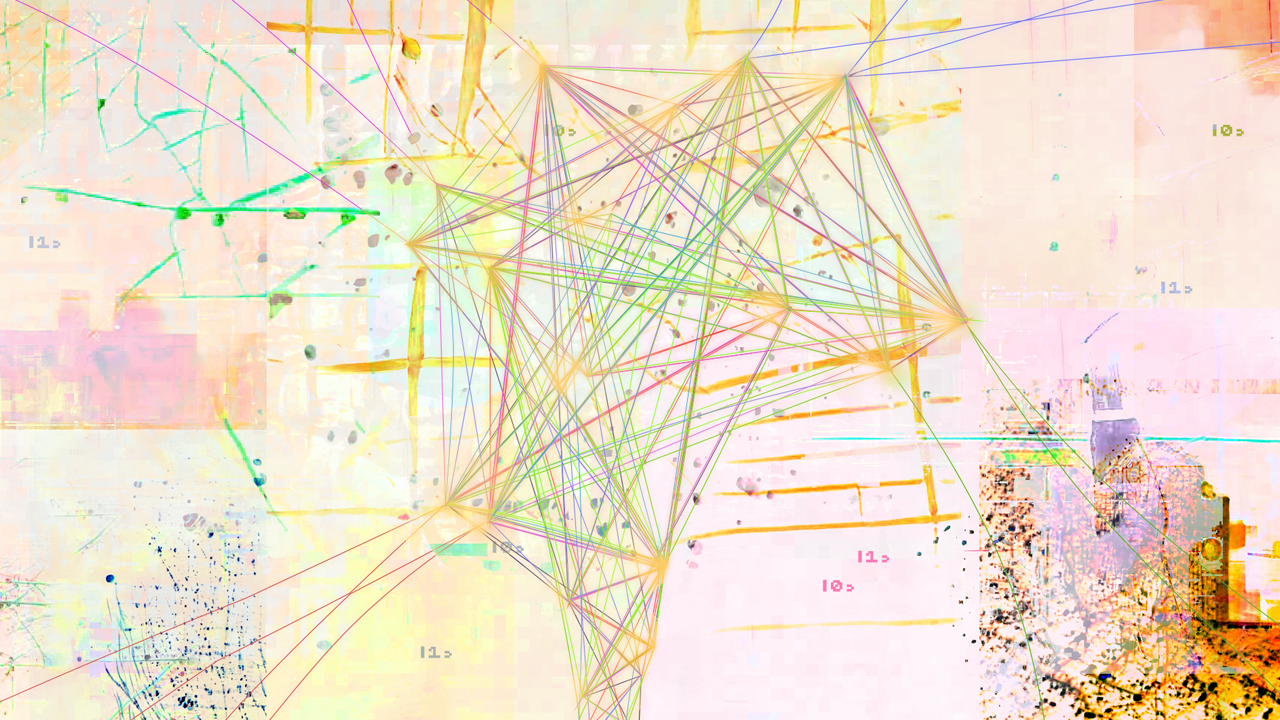Danielle Holmes | The quantum leap in artificial intelligence

The future potential of quantum computing is incomprehensible, with applications ranging from drug discovery to harnessing clean energy.
We are on the brink of a technological revolution. The rapid development of quantum computing and the power that it will bring means we are on the cusp of solving problems that we cannot solve with classical computers. But the question quantum physicist Danielle Holmes says we should be asking is, what will happen to AI when the computational power behind it increases dramatically? We are already concerned about the impact of AI on jobs and people alike, so does the collision of AI and quantum computing have a dark side? After all, we are dealing with technology that has the capacity to replace the human race. How can we thrive once intelligence decouples from human consciousness?
A UNSW Centre for Ideas project, with illustrations designed by Juune Lee and footage filmed at the EPICentre – a UNSW research centre located at the Art & Design campus. Videos filmed and edited by Paper Moose, and podcast editing and music composition by Bryce Halliday.

Danielle Holmes
Danielle Holmes is a Postdoctoral Researcher in the School of Electrical Engineering and Telecommunications, in the Faculty of Engineering at UNSW Sydney. She is pursuing the realisation of scalable quantum computers through ion implanted donor spin qubits in silicon, with a focus on noise-cancelling technology using spectator qubits, deterministic implantation using single ion detectors and the isotopic enrichment of silicon to provide a spin-free environment for donor qubits. During her PhD she researched donor activation and isotopic enrichment of silicon via ion implantation for quantum computing and was awarded best PhD completion talk in the School of Physics, University of Melbourne. Danielle received her MSci and BA from the University of Cambridge in Physical Natural Sciences.

